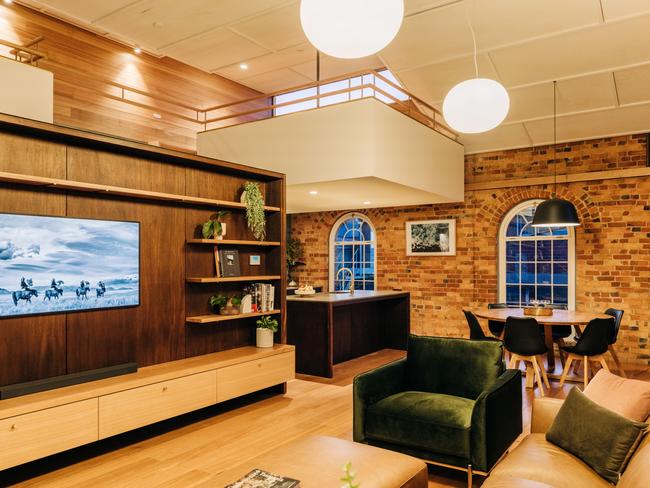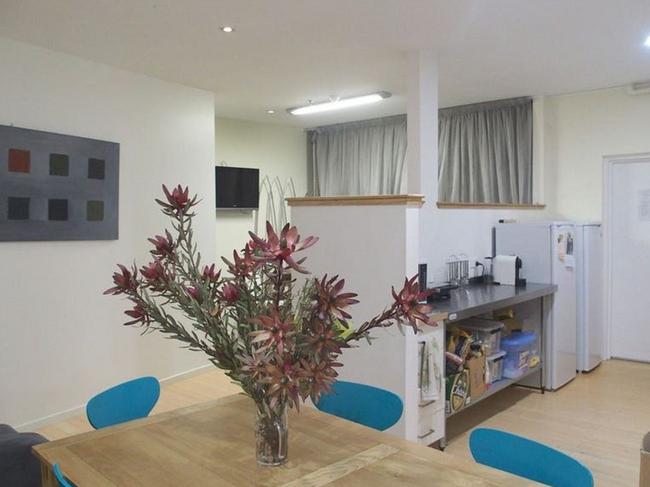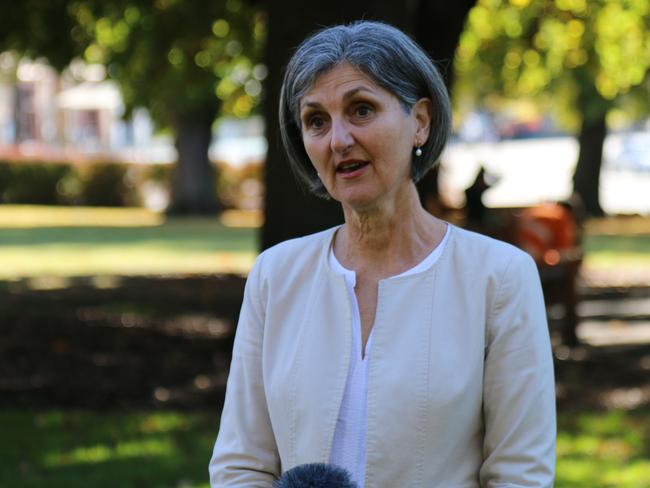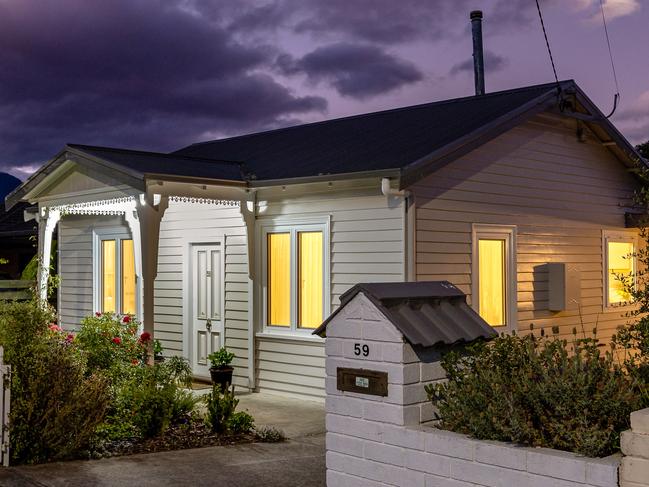Where rents are set to increase the most by next year
Renters are in for more pain in just six months’ time, with rents set to climb up to $20 per week in parts of Tasmania, a report has revealed. Search your suburb.
Property
Don't miss out on the headlines from Property. Followed categories will be added to My News.
Renters in these suburbs may need to dump their Netflix subscription or Saturday cafe trip with mates to keep pace with forecasted rent increases.
For others, it could be the tipping point into rental stress.
The latest Suburbtrends Rent Review shows Hobart renters could be paying $7.14 per week in house rents and $9.47 in units by early next year.
Hobart’s current weekly median rent is $530 (houses) and $450 (units), with house rentals still higher in the southernmost capital than Melbourne or Adelaide.
Across Tasmania, rents are forecast to grow by slightly less than in Hobart — $7.08 and $9.02.
At a suburb (SA2) level, it is renters in Kingston Beach-Blackmans Bay that could face the largest hit to their budget.
Suburbtrends director Kent Lardner’s research placed both house rentals and units in these suburbs in Tassie’s Top 25 with the largest increases.
Houses are forecast to climb from $560 per week currently to $580.98, which was the largest increase in the state. Kingston Beach-Blackmans Bay units came in fourth with a $14.63 increase forecast that would take median rents to $539.63 per week.
MORE: Divine makeover from church to heavenly home
‘Space magicians’: $445k-plus can nab you an awarded apartment

Mr Lardner said renters are in a “precarious position”.
“The rental crisis we’re facing is the result of more than 30 years of neglect by successive governments. It’s a complex issue with no easy solutions,” he said.
While $7 or $9 increases sound manageable on the face of it, Mr Lardner said in some areas it could be enough to push Hobart renters over the 30 per cent of income line and into rental stress.
“If you are already near the borderline — plus groceries, petrol, almost everything costs more now — those few dollars make all of the difference,” he said.


Meanwhile, PropTrack’s June quarter rent report found Hobart rental prices were up by 1.9 per cent quarterly and 6 per cent annually. Regional Tasmania rents increased 2.4 per cent and 7.5 per cent.
It also showed that choice was increasing for Hobart renters with new listings up 35 per cent year-on-year.
The report revealed demand, based on the number of inquiries per listing, was down by 60 per cent YoY.
MORE: Nearly 900k Aussies in eye of mortgage storm
Top Tas suburbs for small budgets

While TasCOSS chief executive Adrienne Picone welcomes any improvements in the homes sector, she said Tasmania’s housing market was failing to meet the right to housing for many people.
She called on the government to take steps to ensure everyone can have a roof over their head.
“TasCOSS joins with the housing and homelessness sector, key stakeholders and experts in calling on the government to cap rent increases at least until the vacancy rate is at a healthier 2.5 per cent to 3 per cent; immediately commence a review of the Residential Tenancy Act so that tenants have more security and live in healthier conditions; and legislate to allow stronger regulation of the short-stay sector,” she said.

Mr Lardner is not convinced a rental cap will deliver more than a short-term ‘sugar hit’ type of relief.
However, he proposed a significant investment in public and social housing would help ease the pressure in the rental market and offer opportunity for low-income individuals.
“We need public housing to grow from about 3 per cent of homes to 10 per cent or more to have a real impact,” he said.
Real Estate Institute of Australia president Hayden Groves has encouraged the nation’s mum and dad landlords to weigh in on the topic in a national rental inquiry that will be taken to the federal government.
“Now is the chance for family investors and tenants to give their ideas on how we can improve the rental system and increase supply, not further reduce it,” he said.





